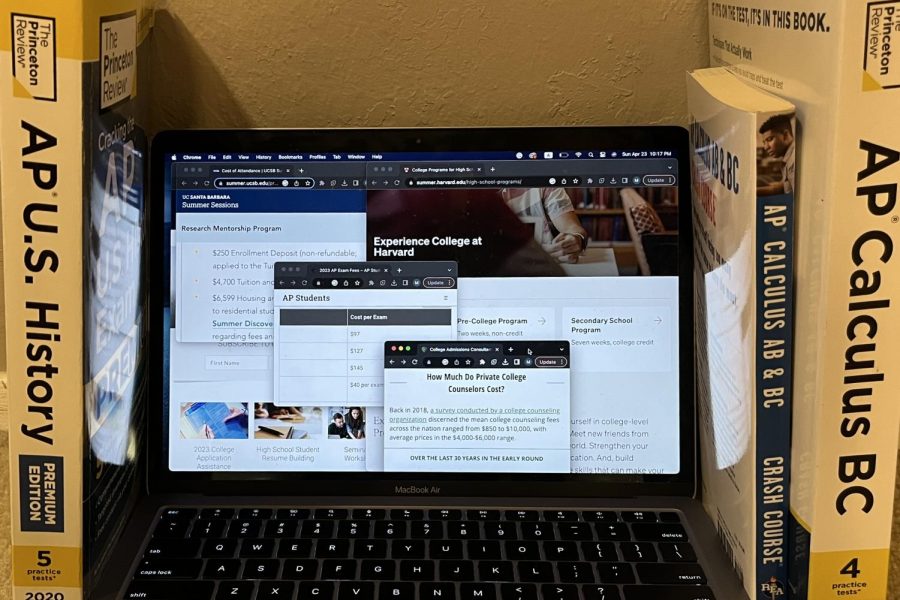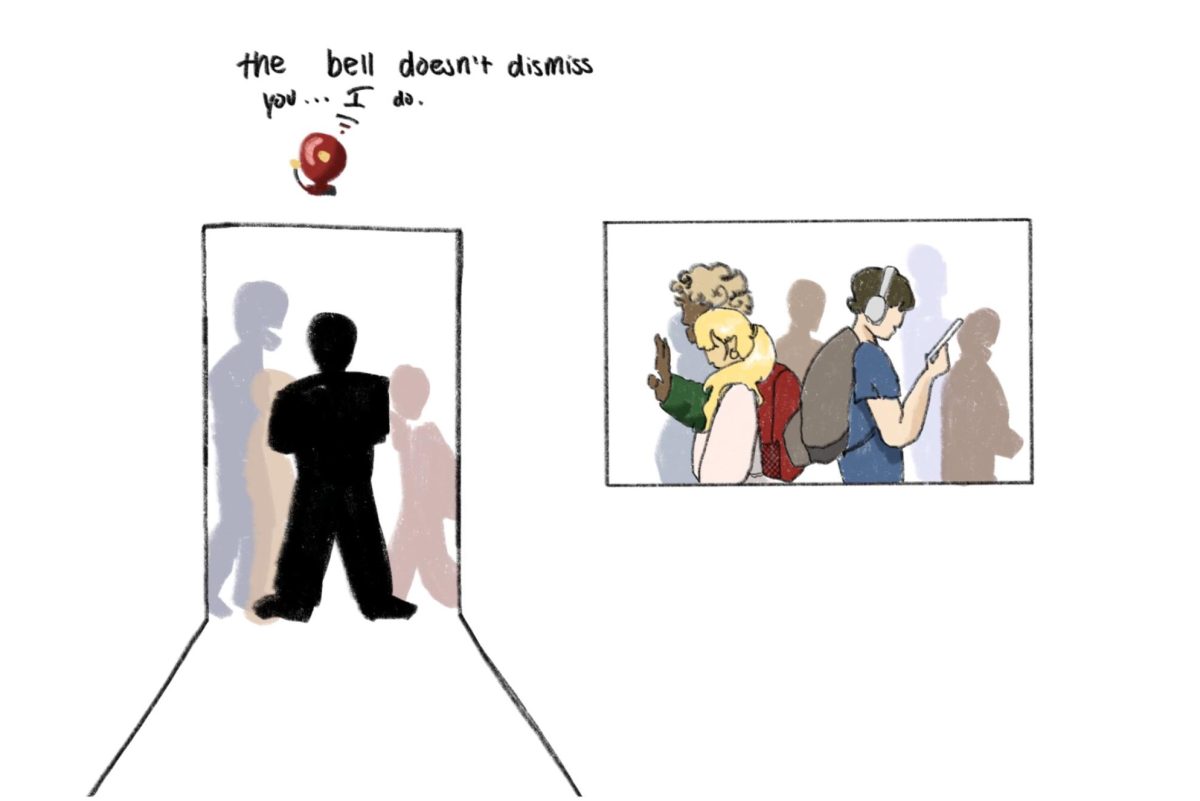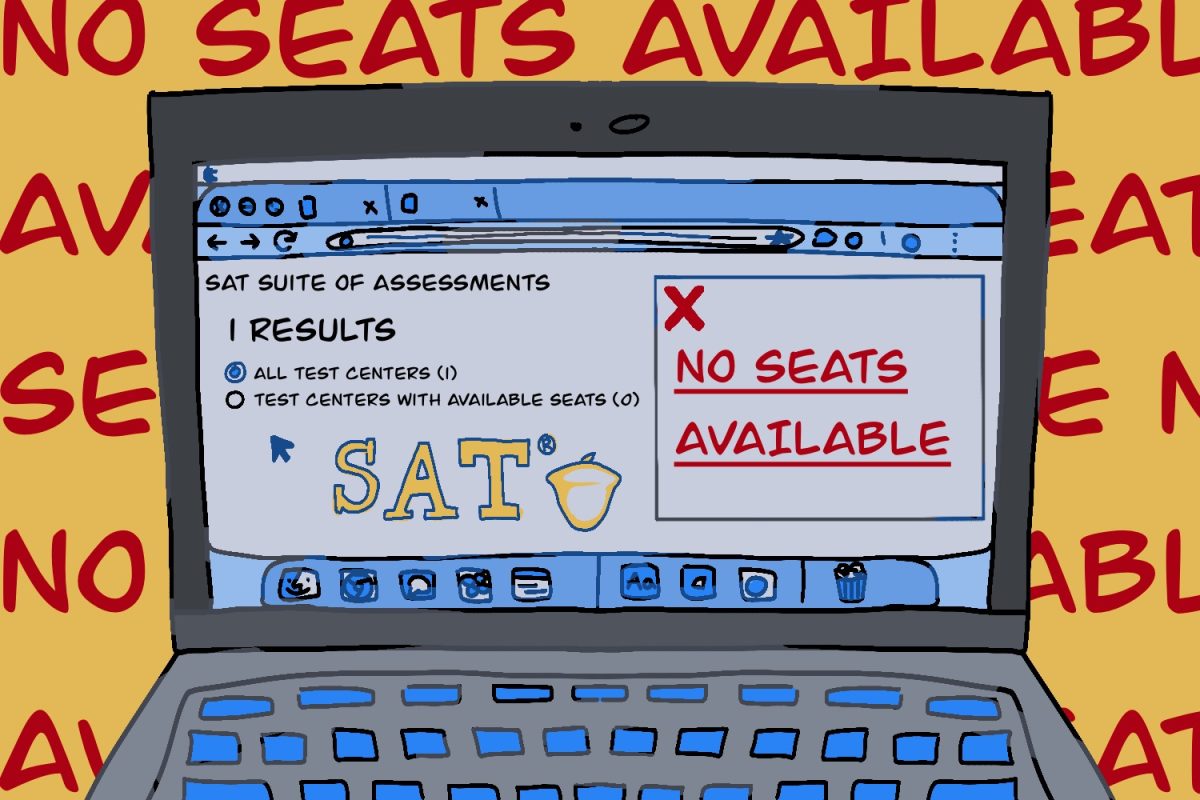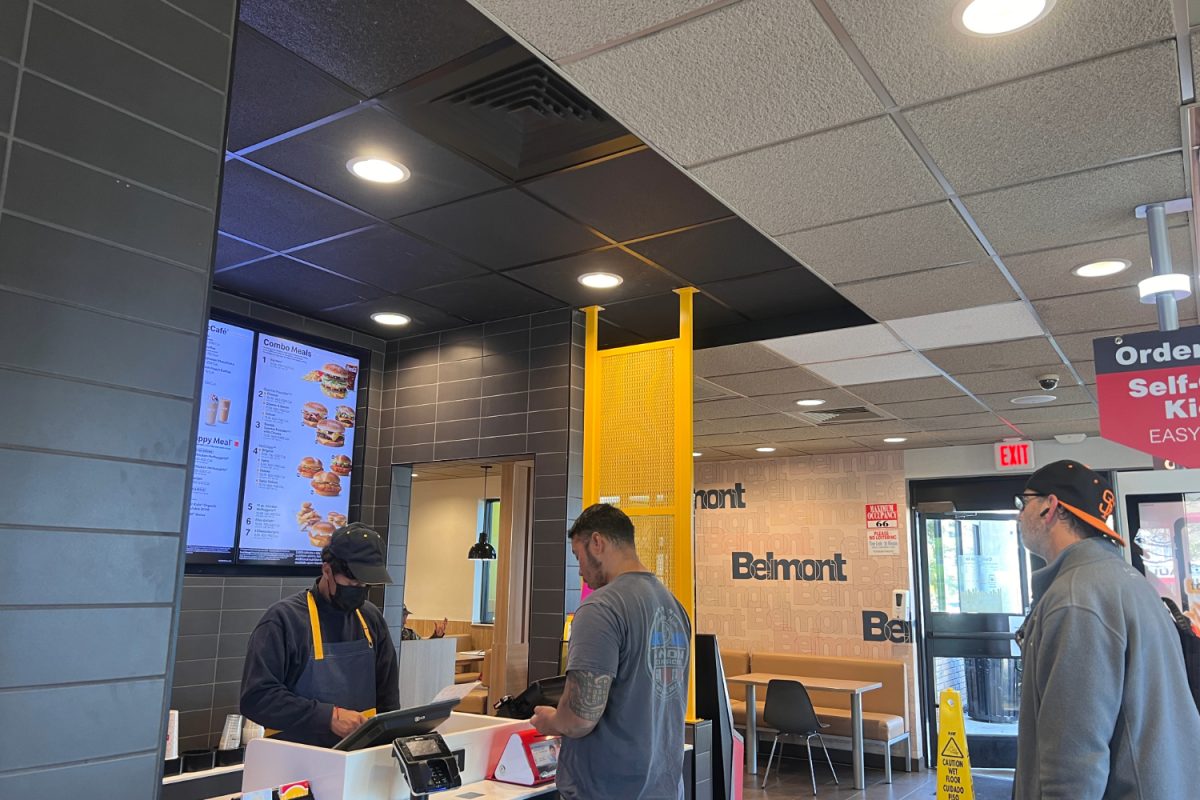Affirmative action’s future is in jeopardy, as the Supreme Court is expected to rule on its legality in the coming months. While race-based affirmative action has proven controversial among the American public, basing affirmative action on one’s socioeconomic status can modernize this decades-old practice.
Affirmative action is defined as “a set of procedures designed to; eliminate unlawful discrimination among applicants, remedy the results of such prior discrimination, and prevent such discrimination in the future,” according to Cornell Law School. Affirmative action is widely discussed through the lens of college admissions, where universities use race as one factor in deciding whether to accept an applicant.
Affirmative action was initially enacted during the civil rights movement of the 1960s and is now primarily used to increase racial diversity on college campuses. This measure has been relatively successful, with universities like Harvard admitting their most diverse body of students yet in the Class of 2026.
However, race-based affirmative action isn’t used nationwide, as nine states, including California, have banned using race to determine college admissions. It is also in peril, as the new Supreme Court cases have threatened affirmative action nationwide. Led by Edward Blum and the Students for Fair Admissions, these new cases against Harvard and the University of North Carolina seek to strike down affirmative action for discriminating against the traditionally preferred Asian American and white applicants, according to the New York Times.
Affirmative action will likely be outlawed due to the conservative-skewing nature of the court after multiple cases where it was upheld. This is a verdict favored by a majority of Americans (74%), according to a March 2022 survey by Pew Research Center.
While it is clear that race-based affirmative action has run its course, moving forward without any equal opportunity measures will hurt the diversity of universities. Solely ending affirmative action without any alternatives could cause prestigious universities like Harvard to reverse course on diversifying their student bodies, reducing opportunities for those disadvantaged.
This is why college admissions should consider one’s socioeconomic status and replace race-based affirmative action. Students of low-income families are already at a disadvantage in admissions because many things seen as boosting one’s chances of being admitted into a prestigious university cost hundreds or thousands of dollars, such as AP tests, college counselors, and research programs.
In addition, while racial diversity is at an all-time high, economic diversity is still struggling. A 2017 New York Times article revealed that 67% of Harvard students were from families with an income in the top 20%.
While, in general, minority students lack the same opportunities that white students have, it is unfair that wealthy minority students and low-income minority students are considered similarly because of race-based affirmative action. When thinking of discrimination, one will usually think of race, but nowadays, income is a more significant factor in student discrimination, primarily because of the greater educational opportunities wealthy students are given.
Finally, income-based affirmative action could produce more impactful and well-liked results. One major critique of race-based affirmative action is that it denies several overachieving students a spot in order to fill a so-called diversity quota. In comparison, basing affirmative action on socioeconomic status will raise the overall academic standard of a university by accepting those with outstanding essays and the potential for remarkable accomplishments who might not have had ample opportunities to succeed in high school.
Overall, the high likelihood that the Supreme Court rules against race-based affirmative action spell doom for this practice that has fallen out of favor with students and the general public. Instead, affirmative action prioritizing socioeconomic status will maintain diversity on college campuses while ensuring that those with fewer opportunities in high school due to their backgrounds are given the same chance to succeed that wealthier students are often handed. Although affirmative action is unlikely to remain during the next admissions cycle, this alternative should at least be weighed out as a modernized development of the college admissions process.
*This editorial reflects the views of the Scot Scoop Editorial Board and was written by Myles Hu.
The Editorial Board voted 7 in agreement and 7 refrained from voting.













